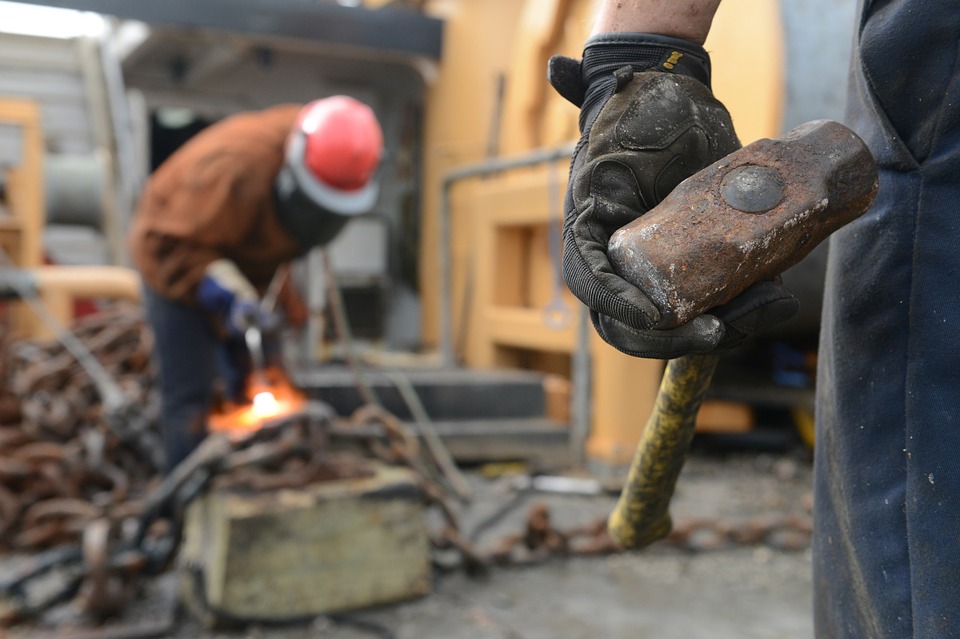Report: Construction spend must deliver more ‘tangible social impact’

Construction spending must deliver a more “tangible social impact” and outcomes for disadvantaged communities following the COVID-19 pandemic, according to a major construction industry research report.
The report, published by the Institute of Economic Development (IED) yesterday, finds that the lack of a “common, comprehensive definition of what counts as social value” has given rise to “significant disparities in what counts as social value activities, and no requirement to focus on improving the wellbeing of those who are most disadvantaged”.
From the Ground Up – Improving the Delivery of Social Value in Construction calls for an immediate step change in procurement, delivery and monitoring impact.
The report was produced over 12 months by the IED and co-authors Arup and Atkins, together with partners Commonplace and the Joseph Rowntree Foundation, and explores all aspects of social value in the construction sector: procurement, definitions, activities, monitoring and evaluation.
The aim of the research was to support understanding of what ‘good practice’ social value looks like, and to find and share examples where innovative, replicable and impactful social value has been delivered at all levels of place-based interventions as a result.
IED chair Bev Hurley said: “Construction is central to placemaking, economic development and UK employment, and the sector spend is estimated to be £500 billion by the end of this decade. Social value is playing an increasing part in the procurement process, but we found that there are significant challenges across all aspects.
“There are huge opportunities and requirements for the public sector, industry and government to step up to the plate, to make sure that every one of those construction pounds delivers additional tangible social impact, and makes a major contribution to our most disadvantaged citizens and left-behind communities as we plan our post-COVID-19 strategy.”

















